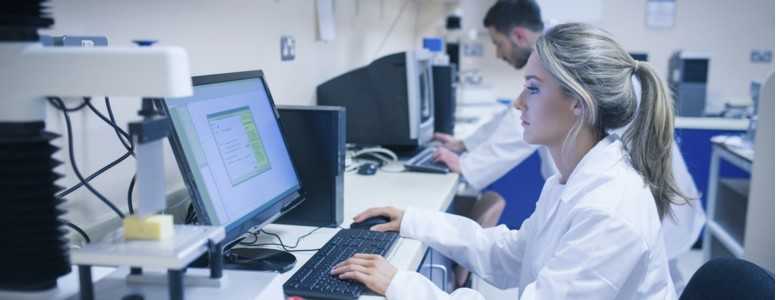A trial is set to be conducted in Nottingham to assess a pioneering new treatment which could help prevent type 2 diabetes from progressing.
Queen’s Medical Centre and the University of Nottingham have partnered up to trial the Revita DMR System, making Nottingham the first UK city outside of London to test the device.
The system involves the insertion of a catheter down the throat into the duodenum where a tiny balloon then transfers warm water onto the intestines. This burns away some of the intestine lining which may improve gut signaling and benefit people with insulin resistance.
By reducing insulin resistance, the Revita DMR system is thought to be able to help prevent the progression of type 2 diabetes. Last year a trial showed the device led to short-term improvements in hyperglycemia in people with the condition.
It is a procedure that has already been tested by Nottingham University researchers on 60 people with type 2 diabetes and has so far yielded positive results.
They are now aiming to further explore the safety and efficacy of the system and are looking for local volunteers with type 2 diabetes who currently take oral medication but not injectable treatments.
The first patient is scheduled to undergo the procedure at the end of November as part of the double-blind, placebo-controlled REVITA-2 clinical trial.
Professor Iskandar Idris, a diabetes specialist associate and leading researcher at the University of Nottingham, said: “This revolutionary procedure offers a method of potentially reversing diabetes progression and is an exciting alternative to conventional tablets or daily injections. My team is pleased to be working with our gastroenterology colleagues in this novel clinical trial.”
What's new on the forum? ⭐️
Get our free newsletters
Stay up to date with the latest news, research and breakthroughs.






